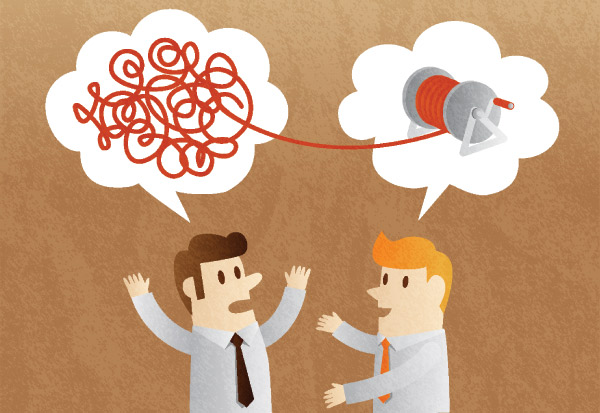 In its most basic sense, “Mediation” means any communication among 2 or more parties that is guided or facilitated by an unbiased third person (the mediator). The mediator helps the parties communicate more effectively in aid of achieving the voluntary and mutually acceptable resolution of disputes.
In its most basic sense, “Mediation” means any communication among 2 or more parties that is guided or facilitated by an unbiased third person (the mediator). The mediator helps the parties communicate more effectively in aid of achieving the voluntary and mutually acceptable resolution of disputes.
There are many different models or styles of mediation, differing mainly on the degree in which the mediator exerts influence. In Evaluative Mediation, the top-down end of the spectrum, the mediator, who is a legal expert, reviews the claims of both sides and the evidence supporting the claims, and steers the parties toward a settlement based on the mediator’s best assessment of how the case would play out in court. The other end of the spectrum, Transformative Mediation, is much more open-ended and the mediator deliberately fades into the background of the conversation.
My style falls pretty much directly between the above models. Like an Evaluative mediator, I possess the knowledge and experience to understand the legal aspects of disputes. Unlike an Evaluative mediator, I try to focus parties’ efforts on resolutions meeting THEIR needs, not a hypothetical judge’s fiat. Like a Facilitative mediator, I believe that the parties are in the best position to understand their interests and to suggest solutions based on their interests. Unlike a Facilitative mediator, I have no problem with taking control of the process of discussion to ensure full participation and understanding.
